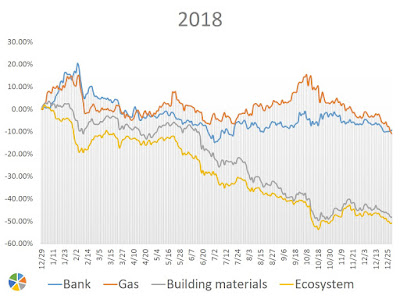The process of making choices and value judgments for external things involves how people gain experience and use experience.
The first step in people's experience comes first from the observation of nature. In the observation of nature, human beings find that objects that can be observed by humans for a long time must have laws. This is also called "Natural is also inevitable".
With the deepening and summarization of observing natural things, human beings have gradually acquired the ability to adapt and transform the natural world. The experience that human beings will gain in this process forms certain theorems, and the habits and culture of thought gradually form, making more and more external information clear. People are nervous when they are faced with uncertainty. Only by mastering these phenomena and being able to use or modify these phenomena will they be relieved of tension. For example, through the transformation of the four seasons of spring, summer, autumn and winter, human beings can obtain certain factors and arrange labor and rest, so that the society can be stable and long-term development.
As human development progresses, observable things become huge and complex. These observable things include:
- Human participation and non-participation will not affect the occurrence of things (such as spring, summer, autumn and winter);
- Human participation does not affect the occurrence of things, but participation will change the situation of things (such as dredging the river and benefiting from flooding);
- There is another type of thing that does not happen if humans don't participate (such as financial transactions).
(To be continued...)
More articles, please browse "English version index"












